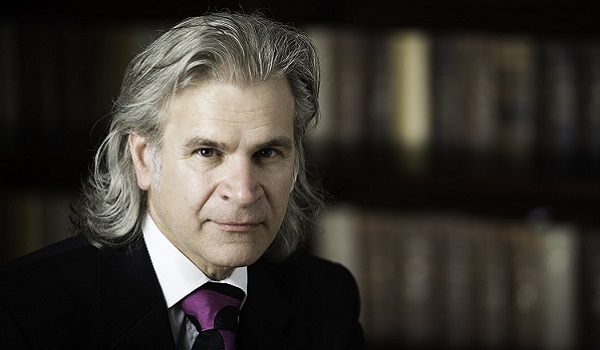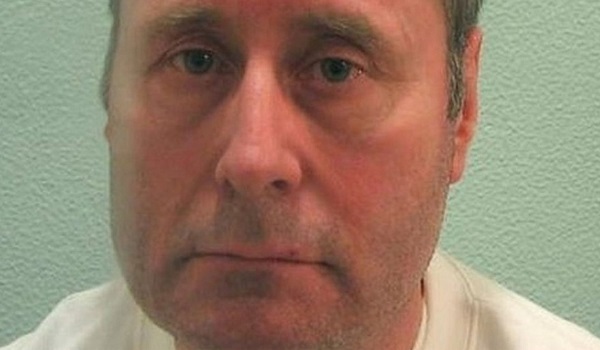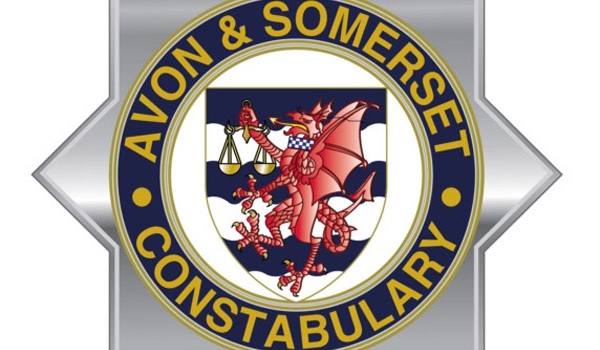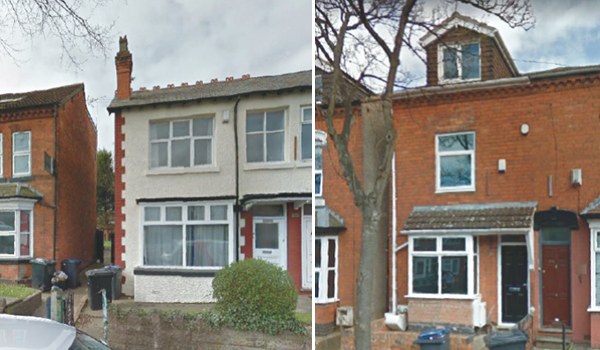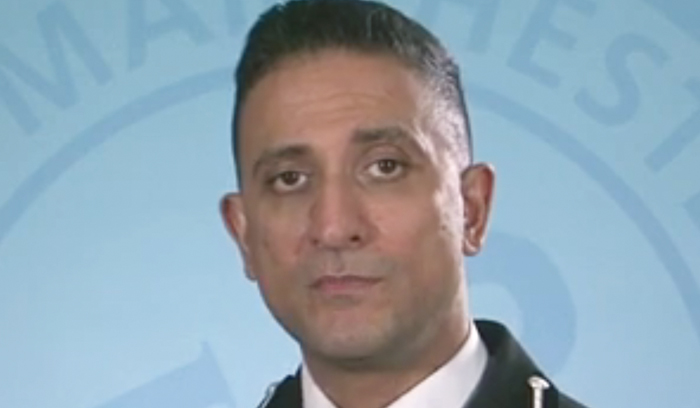Criminal trials in Scotland could be heard without juries
The Scottish Parliament is set to vote on a controversial proposal to hold major criminal trials without juries during the coronavirus outbreak.
The proposal is contained in emergency legislation designed to help public services cope with the crisis and will be put to the vote on Wednesday (April 1). It would allow individual judges to decide the outcome of major trials.
The Coronavirus (Scotland) Bill will be debated, amended and voted on by members of the Scottish Parliament (MSPs) on the same day – the first time legislation will have been passed so quickly in more than a decade.
The section of the Bill dealing with jury trials gives Scottish ministers the power to order any criminal trial to be heard by only a judge when they deem it “necessary and proportionate” to do so.
Permission will first have to be sought from Scotland’s senior judge, the Lord Justice General, and any judge sitting without a jury will have to give reasons for the verdict they reach.
The proposals have been condemned by the Scottish Criminal Bar Association (SCBA), which said it amounted to an assault on “principles that have been built over 600 years”. The SCBA, which represents senior barristers specialising in criminal law, said the “draconian” measure was “premature, disproportionate and ill-advised” even in the current circumstances.
“The proposals in this Bill include attacks on principles that have been built over 600 years and are at the very cornerstone of Scotland’s criminal justice system and democratic tradition,” said SCBA president Ronnie Renucci QC.
“Any changes, however temporary, should not erode important principles of our legal system which would have the effect of undermining or ignoring the citizen’s rights to justice.”
He added: “They should not at a stroke remove the fundamental principle of the right of those citizens charged with serious offences to a trial by a jury of their peers within a reasonable time.
“The SCBA believes that these draconian measures seeking to bring about seismic changes to our system of justice are premature, disproportionate and ill-advised. They are at best a knee-jerk reaction to an as yet unquantified problem instigated by panic or at worst, something far more sinister.”
However, the proposals were supported by First Minister Nicola Sturgeon. Speaking during her daily media briefing, she rejected the idea that such a move might lead to a rise in miscarriages of justice.
“There are many countries where serious crimes are taken through the courts without juries. I’m a believer in the jury system, but this is an exceptional measure to deal with exceptional times,” she said.
“We’re not deaf or blind to the concerns around these powers. I would never have wanted to be in a position of passing legislation like this. We wouldn’t be doing it if we didn’t think it was necessary for the protection of the population.”
Constitution Secretary Michael Russell, who introduced the Bill, added: “We are in an emergency and these are emergency powers that are necessary to allow us to concentrate on the absolute priority of dealing with the pandemic.
“Some of these measures are about the continuing function of the justice system and public services to maintain public confidence and to keep our communities safe. For example, we cannot simply summon juries at present – that would be completely impossible. The procedure to have solemn trials without a jury is in the Bill, but there are many safeguards. These are exceptional powers and, if they are used, they have to be used exceptionally carefully.”


